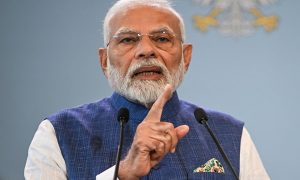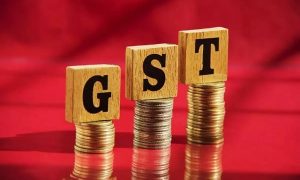U.S. markets were closed Wednesday for a national day of mourning for President George H.W. Bush.
Canadian authorities arrested Huawei Technologies’ chief financial officer, which fanned fears of another escalation in tensions between the world’s two largest economies. Market reaction to the arrest threw into sharp relief the obstacles that lie ahead for negotiators in Washington and Beijing.
“Markets were already under pressure, and the arrest hasn’t helped,” said Neil Mellor, senior currency strategist at BNY Mellon. “We’re back to where we were beforehand, and we’re wondering if a deal’s possible given how high the stakes are.”
Tech firms have been among those worst hit by icy trade relations between the U.S. and China, weighing on global markets and prompting fears of slowing global growth. Dow components Apple and Intel fell 3.1% and 0.5%, respectively. Amazon.com and Facebook dropped more than 1%.
U.S. Treasury yields also continued slumping. The yield on the benchmark U.S. 10-year Treasury note was last 2.854%, slipping from 2.921% late Tuesday. Yields move inversely to prices.
U.S. government bonds are on the edge of a yield-curve inversion, where shorter-dated bonds yield more than longer-dated ones. An inverted curve is often interpreted as a signal of a looming recession.
Michael Arone, chief investment strategist for State Street Global Advisors, shook off recession fears, saying that even though earnings growth for S&P 500 companies is expected to slow next year, he still expects earnings-per-share growth of 9% year-over-year.
“The U.S. has never had a recession when U.S. corporate profits have been growing,” Michael Arone said. “So although the backdrop is shifting somewhat from a higher growth regime to a lower growth regime, it’s too early to call the end of the bull market.”





















 WhatsApp us
WhatsApp us